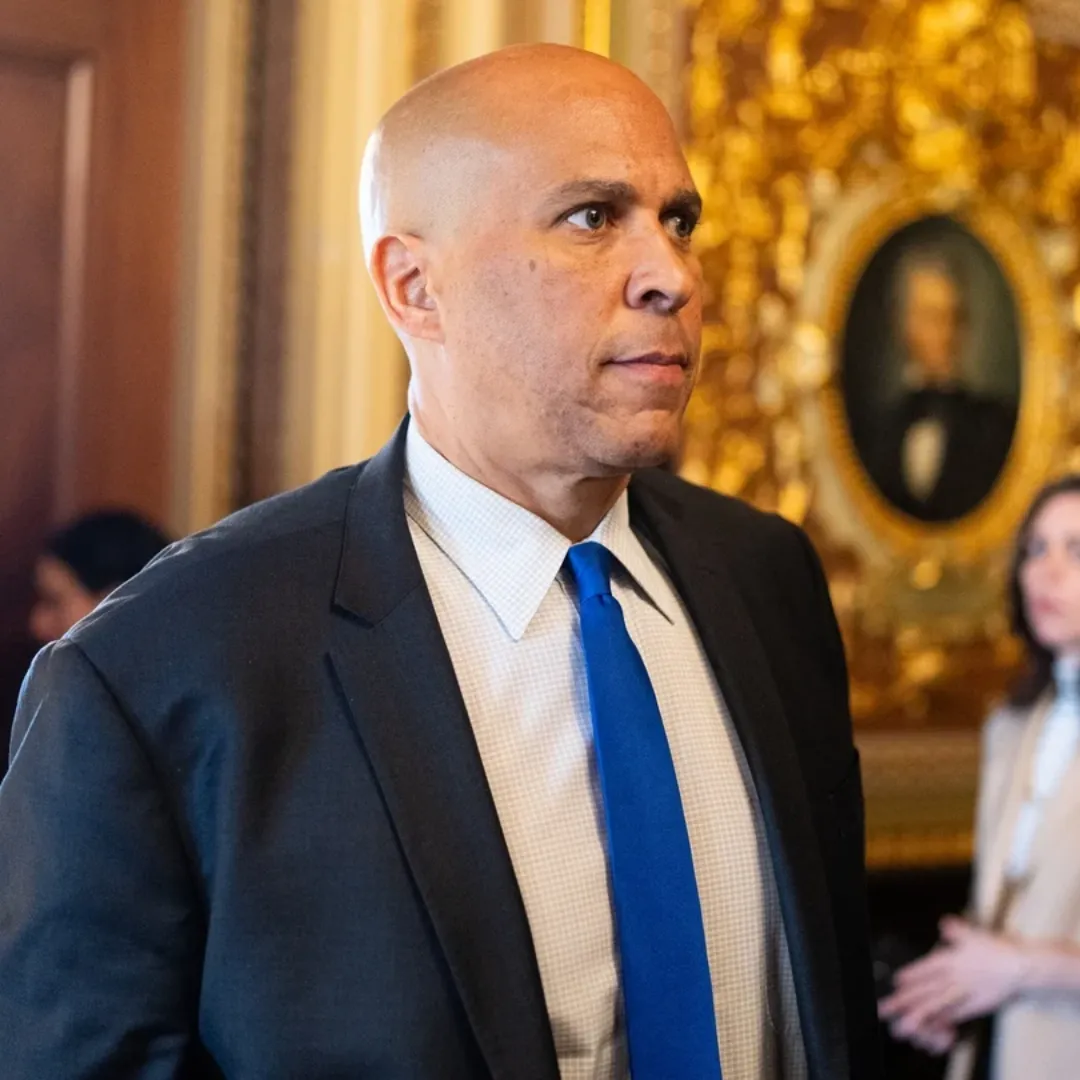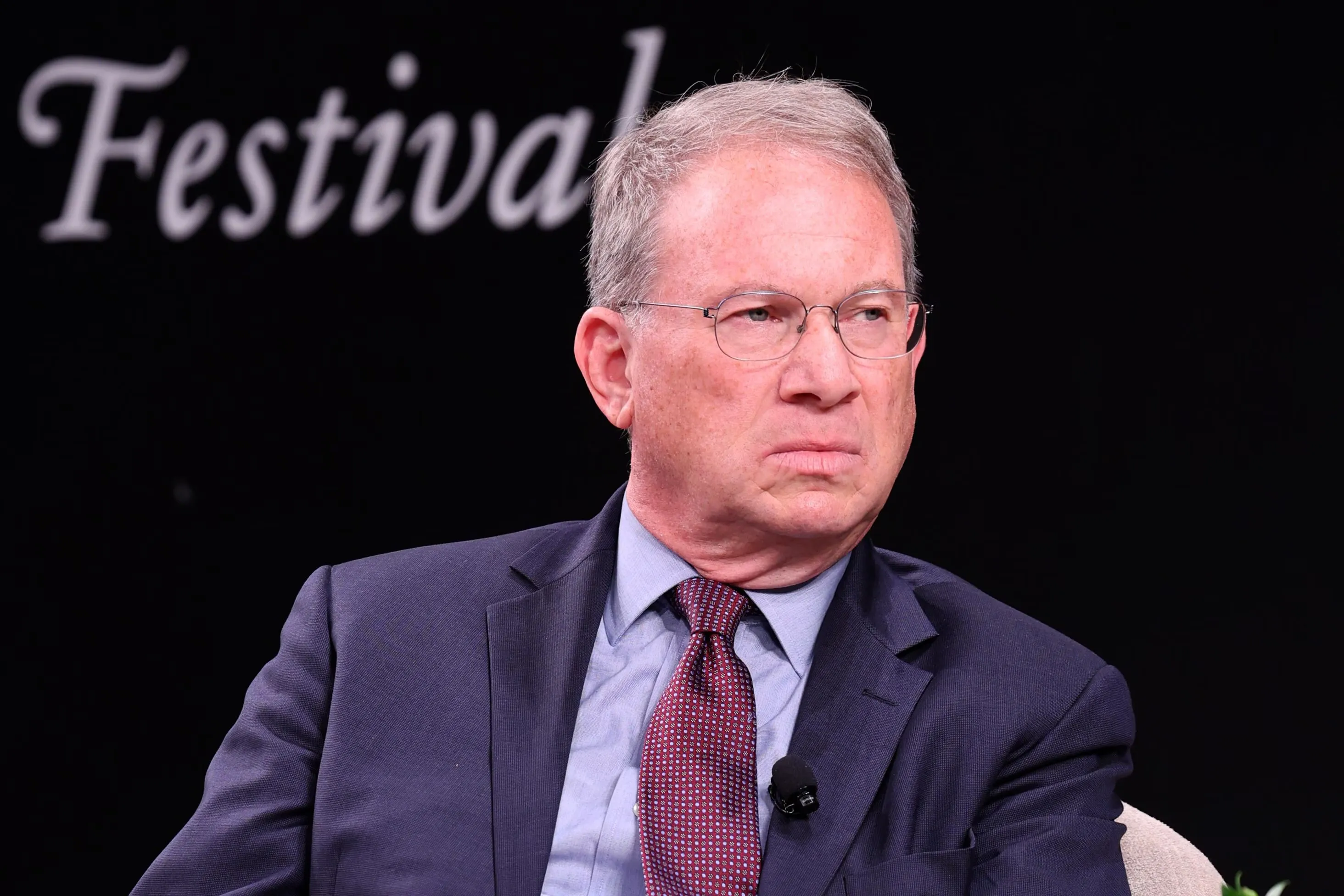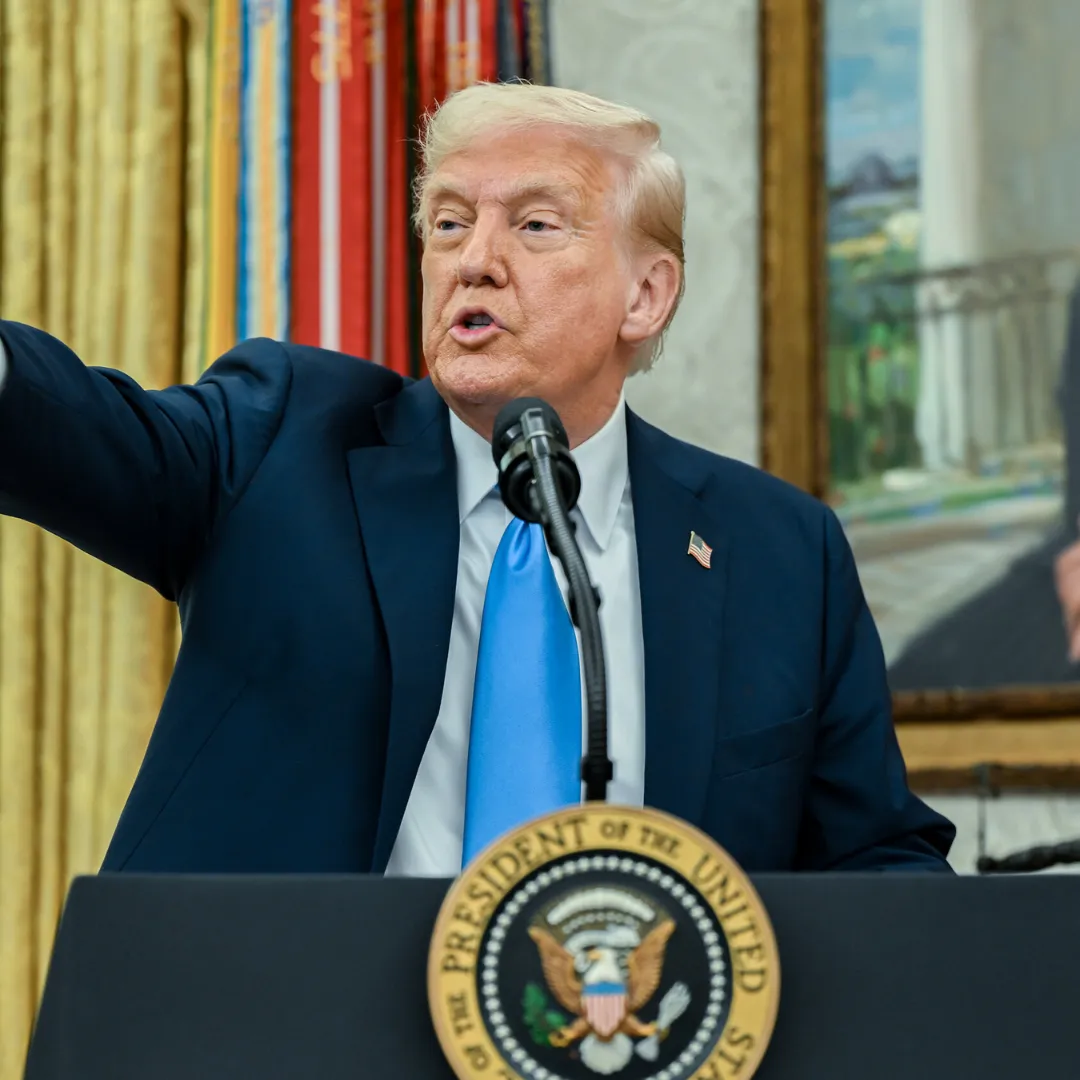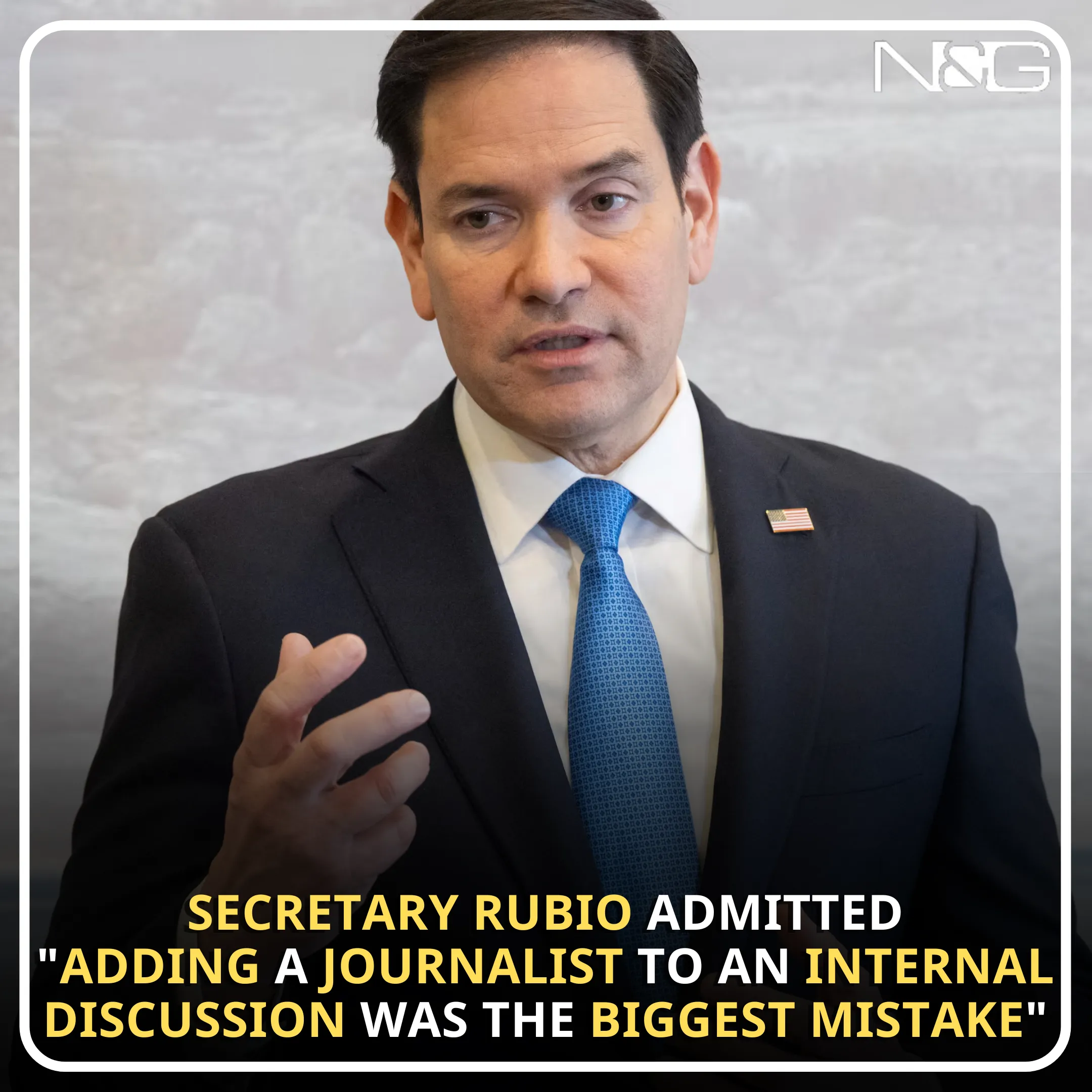
Chuck Todd, a well-respected political analyst and former host of NBC’s Meet the Press, recently weighed in on the political future of Vice President Kamala Harris. In an interview on News Conference with anchor Conan Nolan, Todd expressed doubt about Harris's potential political moves, particularly regarding her possible run for Governor of California.
Amid rumors of her possible 2026 gubernatorial bid or even another presidential run in 2028, Todd cautioned Harris about her political future, arguing that her path was anything but clear.
Todd, who left NBC News after nearly 18 years in the network, shared his analysis on the vice president's future during a time when speculation about her political aspirations was heating up. A report in Politico had recently cited two people familiar with a private conversation in which Harris allegedly said she would decide by the end of the summer whether to run for governor of California.
This sparked further chatter around her political career, as observers weighed the likelihood of Harris making a significant political move in the coming years.
Todd, however, wasn’t convinced that Harris would pursue such a path. His commentary suggested that he believed a run for governor in 2026 would undermine Harris’s long-term ambitions. "I would be shocked if she does," Todd said, expressing his belief that if Harris chose to run for governor, it would signal the end of her presidential aspirations in 2028.
"If she wants to run for president in 2028, you can’t run for governor of California in 2026," Todd added, framing her potential bid for governor as a clear choice between two major political tracks.
While Todd acknowledged Harris’s experience as Vice President, U.S. Senator, and District Attorney of San Francisco, he emphasized that she would face considerable challenges in differentiating herself from other political figures in California, particularly current Governor Gavin Newsom.
Todd warned that her association with the establishment might prove to be a liability for her bid for higher office in California, noting that California voters might be looking for fresh blood after years of Democratic leadership.
“Governor is the one place where voters won’t always vote their jersey color,” Todd said, referring to the idea that Californians, traditionally aligned with the Democratic Party, might still be looking for a candidate with an outsider status.

“Voters are going to be looking for somebody from the outside, and I think that Harris—somebody who’s the former vice president, former U.S. senator, former district attorney in San Francisco—how does she sell change? She’s got to somehow run against Gavin Newsom’s governorship,” Todd explained.
This notion of running against an incumbent Democrat, someone as recognizable as Newsom, presented a unique set of challenges that Todd said Harris would have to overcome.
The longtime political analyst went on to suggest a more strategic, low-profile approach for Harris if she hoped to stage a successful return to national politics. Todd emphasized that Harris needed to step away from the political spotlight for a time, allowing her to reconnect with the public in a way that was less tied to the political machinery that currently defines her image.
He recommended that Harris take on smaller public roles that could allow her to rebuild her reputation and showcase her leadership abilities in new ways.
"If I were advising her, I’d tell her: go throw yourself into the rebuild of LA and get involved with the LA Olympic Committee. Be above politics for a couple of years and come back maybe in 2030 or 2032," Todd suggested.
His advice reflects his belief that Harris should take a break from high-profile politics, allowing the national political scene to evolve and giving her a chance to re-enter the arena at a later date, ideally after the country’s political landscape had shifted and the memory of her current tenure had faded.
Despite his skepticism about her future political moves, Todd did acknowledge Harris’s strengths. She had navigated the highest levels of government, serving as vice president and representing California in the Senate, two of the most influential positions in American politics.
However, Todd also made it clear that her next steps needed careful planning. Running for governor, in his view, would tie her too closely to the California establishment, making it difficult for her to present herself as the "outsider" candidate that many voters were likely seeking.
For Harris, the decision on whether to stay in the national spotlight or shift to a more regional role in California is pivotal. A governor’s seat could allow her to build experience and connect more deeply with the people of California. However, the political terrain in California is complicated, with many different political factions at play.
Whether Harris would be able to navigate those factions and win over voters in a state where Democratic leadership is already entrenched is uncertain.
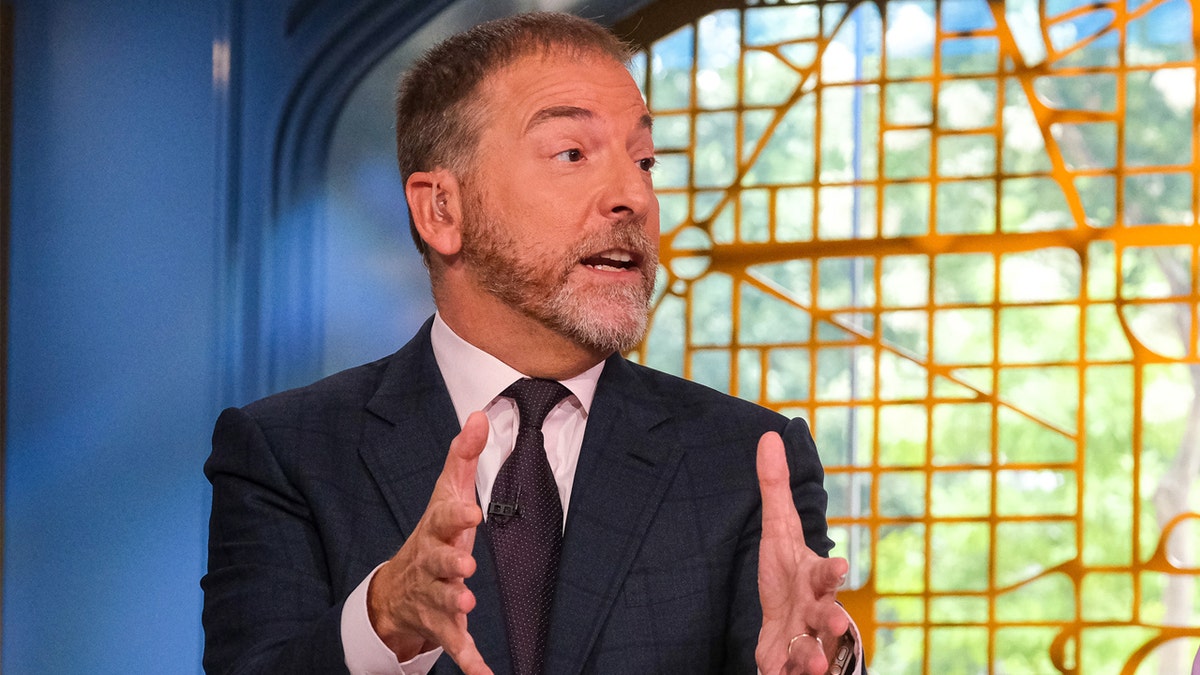
Todd’s cautionary comments come at a time when the Democratic Party is trying to determine its future leadership. With President Joe Biden likely nearing the end of his political career, many have wondered about who will lead the party into the next generation.
Harris, as the first female vice president and a prominent figure in national politics, has long been considered one of the frontrunners. But her tenure as vice president has been rocky, with Harris facing criticism for her handling of key issues, particularly in regard to immigration and her diplomatic efforts.
These challenges, along with Todd’s concerns about her viability as a candidate, create a complex path forward for the vice president.
Despite Todd’s warnings, it’s clear that Harris will continue to be a prominent figure in the political conversation. The decision about her future will likely be shaped by several factors, including her own ambitions, the political climate in California, and the evolving landscape of the Democratic Party.
For now, it seems that Harris’s next move is one of the most closely watched questions in American politics.
As Chuck Todd pointed out, the trajectory of Kamala Harris’s political career is directly tied to the broader shifts within the Democratic Party. With the current president, Joe Biden, nearing the end of his term, questions about the next leader of the party have become more urgent.
Biden, who is now 82 years old, has not yet confirmed whether he will run for re-election in 2024, and his political future remains uncertain. This leaves Harris in a delicate position, balancing her current role as vice president with her own potential presidential aspirations.
For now, it appears that Harris will need to navigate the complex dynamics of both national and state-level politics. Should she choose to run for governor of California, she would need to address the issues Todd raised about her ability to distinguish herself from other well-known Democratic figures, especially Gavin Newsom.
Whether or not Harris’s reputation can survive the intense scrutiny of a gubernatorial campaign remains to be seen.
Todd’s recommendation for Harris to step away from the national political scene for a time is notable in that it suggests that Harris still has potential for a future political comeback—just not in the immediate term. The idea of waiting until 2030 or even 2032 to re-enter the political arena reflects a belief that Harris, like other political figures, might need time to rebuild her public image and re-align her political positioning.
Whether or not she takes this advice remains to be seen, but it underscores the broader conversation about what it takes to be a successful political leader in today’s rapidly changing political environment.

For now, Harris’s political future remains uncertain. The path forward is fraught with challenges, and the coming years will be critical in determining whether she can carve out a space for herself in a new political landscape—or whether her time in the spotlight will eventually fade.
